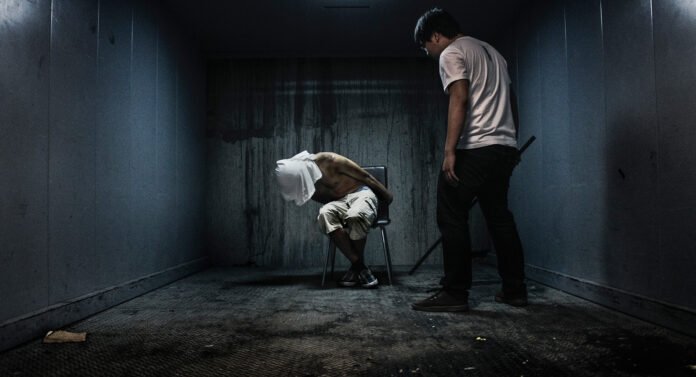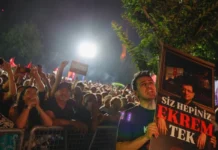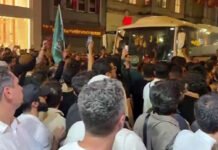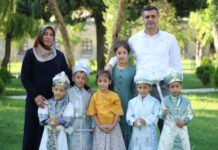Ahmet Zeki Üçok, vice chair of the nationalist opposition İYİ (Good) Party, after a visit to two journalists who were recently imprisoned, said they face torture that was not even meted out to Gülenists in the past, acknowledging that alleged members of faith-based Gülen movement faced widespread torture in custody, Turkish Minute reported.
Turkey maintains that the Gülen movement, a faith-based group inspired by Turkish cleric Fethullah Gülen, was behind a coup attempt in July 2016 and designates the group as a terrorist organization. The movement denies any involvement in the 2016 coup or any terrorist activity.
Üçok claimed that journalists Batuhan Çolak and Süha Çardaklı, who are in Sincan Prison awaiting trial on charges of fomenting enmity and hatred and spreading disinformation on their X social media accounts, were subjected to forms of torture, including having their hair forcibly cut very short.
The word “torture” is sometimes used in Turkey far beyond its meaning to refer to any act of ill-treatment of a person.
“We unfortunately saw with our own eyes that they were subjected to torture that was not even meted out to FETÖ members in the past,” Üçok said, using a derogatory acronym, FETÖ, crafted by the Turkish government to refer to the Gülen movement as a terrorist group.
Üçok’s remarks are significant as they acknowledge the systematic practice of torture against alleged members of the Gülen movement following the failed coup attempt in 2016.
“Those who commit this torture will not go unpunished. Prisons are not places where anyone can forcibly shave someone’s hair or beat them.”
Many reports, both by international and national rights groups and bar associations, as well as international bodies, highlight the torture and ill-treatment of individuals linked to the Gülen movement following the 2016 coup attempt.
The Ankara Bar Association in January published five censored reports detailing allegations of forced nudity, beatings, water torture and threats of rape against Gülen-accused detainees. Other reports have also documented similar allegations, including the use of secret torture sites and the torture of minors.
Üçok’s comments serve as an admission that torture against alleged Gülenists has been systematic, so much so that he uses it as a benchmark for describing the treatment of Çolak and Çardaklı.
Many rights activists on X slammed Üçok for his comments, accusing him of discriminatory rhetoric about a serious crime such as torture.
“The Good Party recommends ‘selectivity’ in torture. What kind of people are you,” said rights activist lawyer Eren Keskin.
“This is a ridiculous statement. Torture and ill-treatment are both human rights violations and are prohibited by our laws. The act of torture and ill-treatment is not legitimized by [who] its victims [are], and the criterion for the legitimacy of this act cannot be [who] the addressees [are],” associate professor Burak Bilgehan Özpek posted.
After the abortive putsch in 2016, ill-treatment and torture became widespread and systematic in Turkish detention centers. Lack of condemnation from higher officials and a readiness to cover up allegations rather than investigate them have resulted in widespread impunity for the security forces.















